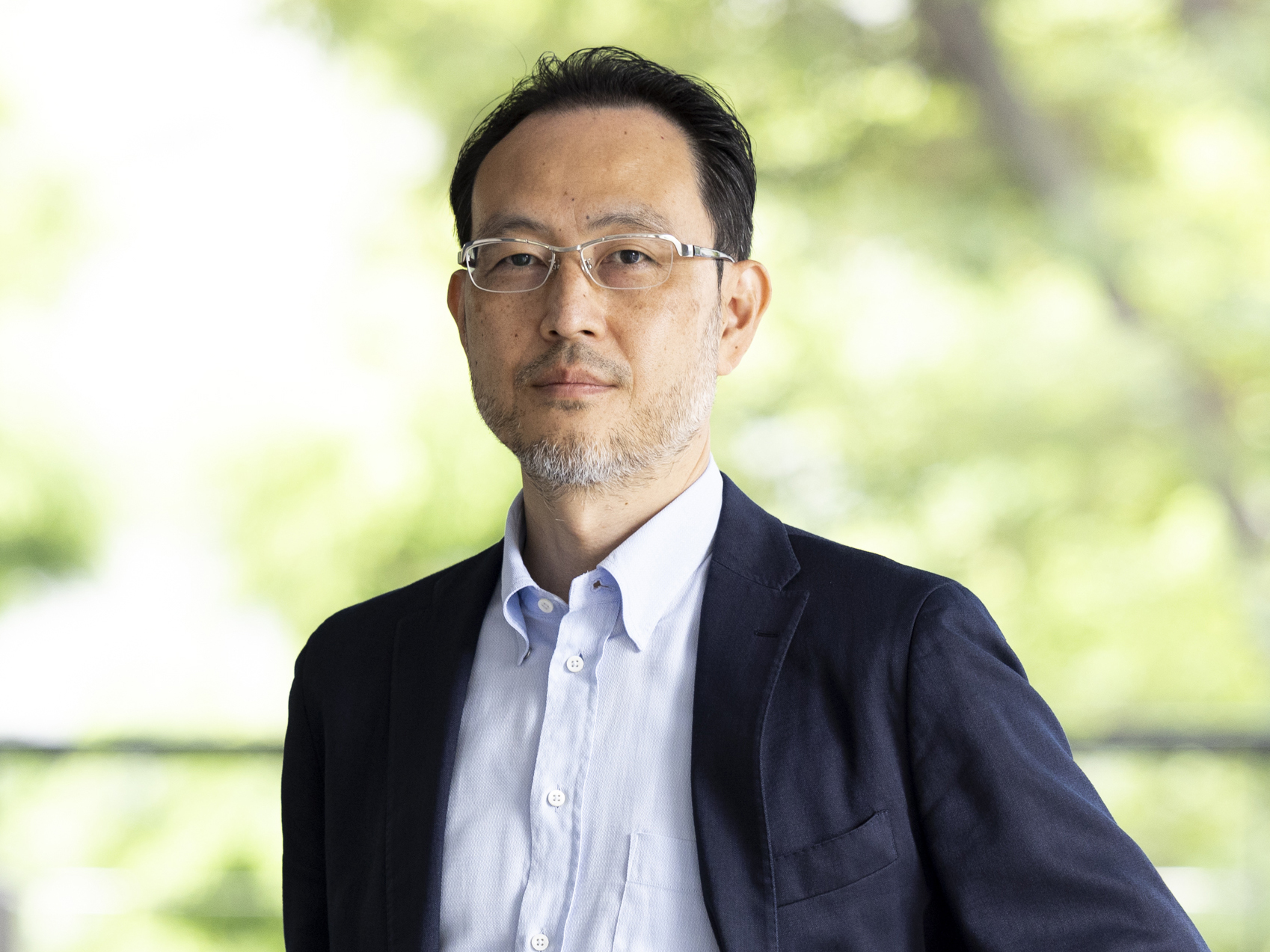The Research Institute for Power and Energy Systems (RIPES) connects energy management systems and three-dimensional high-precision sensing systems to redefine energy and data flow as an integrated information and energy system, and aims to realize a shift to a carbon-neutral society.

In an age where information technology connects things and people, the energy system is undergoing a major transformation to achieve carbon neutrality. To enable sustainable energy use, this research institute redefines the management system for interactive utilization of the energy system that is networked in a complex manner. At the same time, by maintaining a feedback structure between the management system and the sensing system that generates data from various phenomena in addition to sensing physical quantities, the institute builds a design methodology of an artificial system that becomes the foundation for a smart society as we aim for carbon-neutrality.
To build theories and develop applications related to methods for constructing and evaluating optimal systems for energy and industrial processes based on control technology.
Energy system analysis/design, optimization modeling methods, process devices/plants, autonomous mobile 3D measurement applications.
To achieve sustainable energy use, it is necessary to transform the energy system into a carbon-neutral one.
To eliminate the unevenness and variability of energy use in the spatio-temporal domain, it is necessary to implement a management system that can appropriately operate complex networks by placing storage elements between uncertain renewable energy inputs and end-users. This institute clarifies the basic requirements for a unified information model of an energy management system (EMS) and provides guidelines for building an appropriate architecture for the domain. For example, aggregating the energy resources for thousands of households requires the solution of a large-scale mathematical optimization problem. We are constructing an information model implemented on hardware that simulates quantum computation and verifies its performance. We are also developing a method that converts models for dynamic simulation to those for optimization programming problem automatically. We are actively participating in international standardization activities. We have contributed to the standardization of industrial facility energy management systems (FEMS) at IEC (International Electrotechnical Commission) TC65/JWG14 from 2020.
There are high hopes for geothermal power generation as a carbon-neutral power source that can serve as a baseload renewable energy source with low power generation costs and stable power generation. However, there is a fundamental problem related to the difficulty of predicting changes in hydrothermal fluids and steam emanating from wells because it is difficult to measure the state of deep underground geothermal reservoirs constantly. We are researching to expand the use of geothermal power generation under the “development of technology for advanced use of geothermal power generation” project, which is part of the “research and development for the expansion of geothermal power generation” program of the New Energy and Industrial Technology Development Organization (NEDO). Based on this project, we are developing various prediction, anomaly detection, and measurement technologies to improve the utilization of geothermal power generation using AI and IoT, thereby researching a system to facilitate automation of optimal operation and the assessment of the soundness of facilities.
Dynamic maps are a three-dimensional (3D) geographic information infrastructure essential for automated driving. The first mobile mapping system in Japan to generate such maps was developed due to Waseda University’s joint research project with the industry. The institute has launched the construction of an automatic update system for dynamic maps. We are developing a device that can be easily installed on a vehicle. This device will synchronize satellite positioning and accurate time information and combine image feature values captured by sensors. We construct a system that detects objects such as map signs in the image while quickly identifying the sensor’s position and posture.
Please refer to the research map for the results of our previous studies.
Yoshiharu AMANO (Professor, Faculty of Science and Engineering)
AMANO, Yoshiharu Professor, Faculty of Science and Engineering, School of Fundamental Science and Engineering
HAYASHI, Yasuhiro Professor, Faculty of Science and Engineering, School of Advanced Science and Engineering
MURATA, Noboru Professor, Faculty of Science and Engineering, School of Advanced Science and Engineering
SAITO, Kiyoshi Professor, Faculty of Science and Engineering, School of Fundamental Science and Engineering
TANABE, Shinichi Professor, Faculty of Science and Engineering, School of Creative Science and Engineering
WAKAO, Shinji Professor, Faculty of Science and Engineering, School of Advanced Science and Engineering
WASHIZU, Ayu Professor, Faculty of Social Sciences, School of Social Sciences
TAKIGUCHI, Jun-ichi Advanced Collaborative Research Organization for Smart Society, Guest Senior Researcher (Guest Professor)
SUZUKI, Taro
YOSHIDA, Akira
Kikui-Cho, Shinjuku-ku, Tokyo, 162-0044, JAPAN
【E-mail】 [email protected]